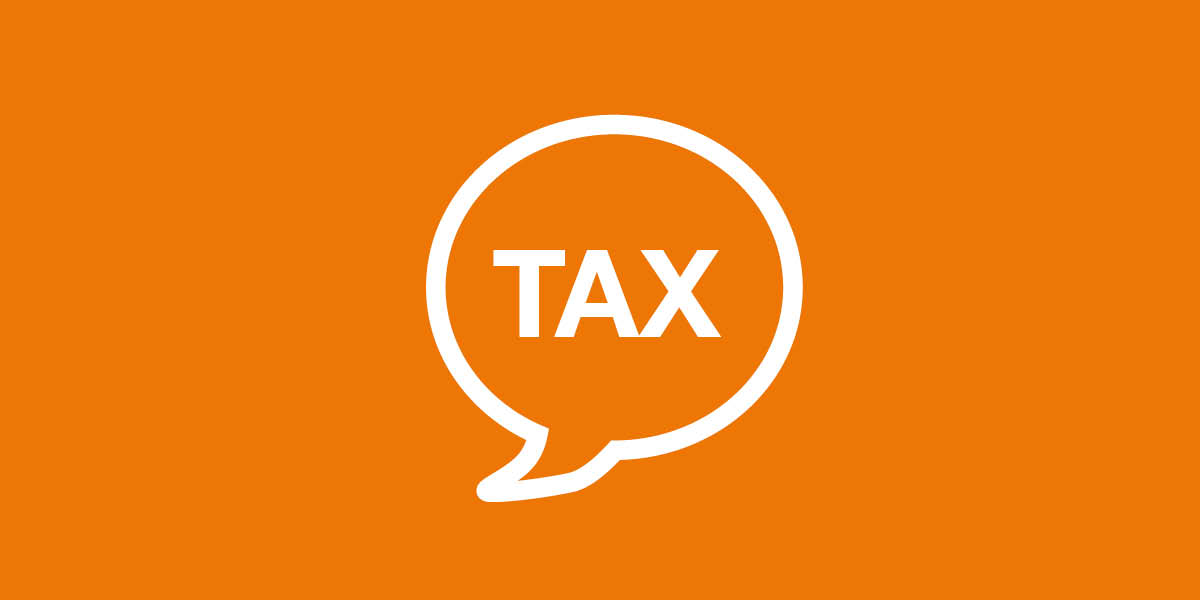The Italian Revenue Agency has published a new circular clarifying the measures introduced by Legislative Decree no. 192 of 13 December 2024 and Law no. 207 of 30 December 2024 (the 2025 Budget Law). The circular provides operational instructions on the latest changes to tax rules and employment-related provisions.
Changes to IRPEF income tax bands for 2025:
The 2025 Budget Law (sections 21 and 32) confirms and makes permanent the changes to personal income tax (IRPEF) introduced on a temporary basis for 2024 by Legislative Decree no. 216/2023. Specifically:
The number of income tax bands has been reduced from four to three.
The new IRPEF rates are as follows:
- 23% on income up to €28,000
- 35% on income between €28,001 and €50,000
- 43% on income above €50,000.
Increase in employee tax credit. The basic income tax deduction for employees (excluding pensions and certain other types of income) increases from €1,880 to €1,955.
- It applies to individuals with total annual income of up to €15,000.
- As a result, the tax-free threshold (“no tax area”) increases to €8,500, bringing it in line with the threshold already applicable to pensioners.
Supplementary income benefit
The Budget Law confirms and makes the €1,200 supplementary income benefit for employees (called trattamento integrativo) a permanent feature of the tax system.
The mechanism by which employees earning up to €15,000 per year can qualify for the benefit has also been made permanent. Specifically, the benefit is granted if the gross income tax due (calculated on employment and equivalent income) exceeds the employee tax deduction, reduced by €75.
This €75 reduction is intended to prevent the recent increase in the employee tax allowance from unintentionally excluding eligible workers from receiving the benefit.
Non-taxable amount for employees earning up to €20,000
An additional non-taxable amount is granted to employees (excluding pensioners) with total annual income not exceeding €20,000.
The amount is calculated by applying a variable percentage to the actual employment income earned:
- 7.1% for income up to €8,500
- 5.3% for income between €8,500 and €15,000
- 4.8% for income over €15,000 but less than €20,000.
The calculation is based on notional annual income so as to ensure consistent treatment also for employees on contracts that are not continuous.
Tax credit for income between €20,000 and €40,000
For employees whose total annual income falls between €20,000 and €40,000, an additional tax credit against gross tax liability has been introduced.
- This credit is worth €1,000 for incomes up to €32,000
- It is progressively reduced for incomes between €32,000 and €40,000, reaching zero at €40,000.
Recovery of undue amounts and reconciliation
During the year-end reconciliation, withholding agents must verify employees’ entitlement to the sums disbursed.
Any amounts paid in excess must be recovered in ten monthly instalments if they exceed €60, or in a single payment if employment has terminated.
Employees may still claim any sums not recognised by their employer when filing their annual tax return or, in the opposite situation, must repay any amounts unduly received.
Tax relief for dependent children and other relatives
The tax relief (i.e. the personal tax deduction) for dependent children applies only to children under the age of 30, unless the child has a certified disability. It does apply to adopted children, foster children and children of a deceased spouse living in the taxpayer’s household.
The relief is shared between parents according to standard rules.
As regards other family members:
- The relief is now limited to cohabiting ascendants (e.g. parents).
- From 1 January 2025, no tax deduction is available for other relatives listed in Section 433 of the Italian Civil Code (e.g. in-laws, sons- and daughters-in-law, brothers, sisters).
- No further deductions or relief can be claimed for these individuals unless they are cohabiting ascendants.
Extension of the reduced tax rate for productivity bonuses
For the 2025, 2026 and 2027 tax years, the substitute tax rate on productivity bonuses has been reduced from 10% to 5%.
This applies to gross bonuses of up to €3,000 per year awarded to private-sector employees under company or territorial collective agreements and linked to measurable improvements in productivity, profitability, quality, efficiency or innovation.
To qualify, an employee’s income from employment in the previous year must not have exceeded €80,000.
Tax relief for tourism and hospitality workers
The 2025 Budget Law introduces a special integrative allowance – a tax bonus – for employees in the tourism, hotel, spa and foodservice sectors (to support these sectors).
This bonus amounts to 15% of the gross remuneration paid for:
- Night work
- Overtime on public holidays
This 15% is entirely excluded from taxable income (i.e. it is not taxed) and applies only to services provided between 1 January and 30 September 2025.
To qualify, employees in the private sector must:
- Work in tourist facilities, thermal spas, restaurants, bars or other food and beverage outlets;
- Have earned no more than €40,000 in employment income in 2024.
Improved tax treatment for tips in the tourism and hospitality industries
The 2025 Budget Law introduces a more favourable tax regime for tips received by employees in the accommodation sector (hotels, guesthouses, etc.) and in foodservice (bars, restaurants and similar outlets).
There are two key changes compared with the 2023 Budget Law:
- Higher cap for tips taxed at the lower rate:
- Employers may now apply the 5% substitute tax (in place of the standard IRPEF rate) to tips up to 30% of an employee’s annual employment income (previously capped at 25%).
- Expanded eligibility:
- The upper earnings threshold for accessing the favourable rate has been raised from €50,000 to €75,000 of employment income per year.
Important details:
- If an employee’s income exceeds €75,000 during the year, they may still benefit from the 5% rate for that year but will lose access to it in the following tax year.
- Only tips paid voluntarily by customers qualify for this regime; any sums paid as fixed service charges or under contractual arrangements remain taxable under the normal rules.



